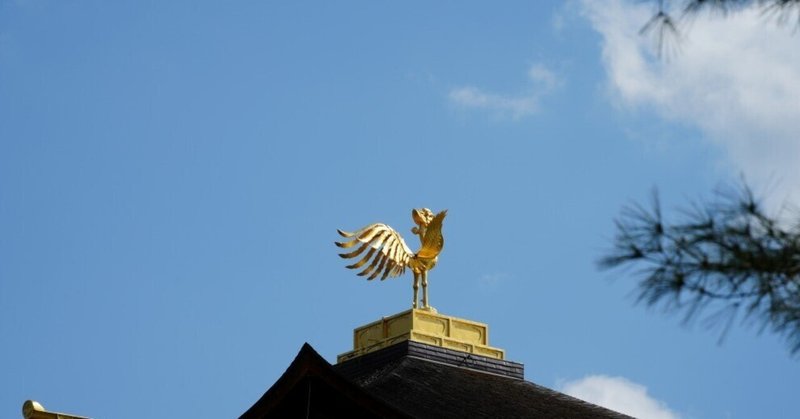
It is no exaggeration to say that I have visited Uji Byodoin more than anyone else who does not live in Kyoto.
It was Sunday, March 3.
I was watching the second game of the Giants' 90th anniversary tour of Taiwan on Sky Perfect TV.
First, manager Abe's press conference after Akihiro's three-hit, four-run game the previous day came on.
After the three hits, Akihiro, who was guarding first base, caught the scene when a hard hit, which no one could take, broke the gap between first and second base, and Abe's public statement was not even humorous.
He said, "Akihiro was watching the cheerleaders..."
No one would be happy or encouraged by such a statement.
Just as I had a bad feeling about it even before the match started, Rakuten Taiwan completely suppressed the Giants.
I thought that the Giants were Hanshin's rivals when the camp started.
I lost my desire to root for the Giants and look forward to watching the games.
The only way the Giants can compete with the Hanshin is to have the following players in the starting lineup.
The players who were talked about in camp are all super-subs.
The pitching staff is even more so since there is a significant concern that it may be surprisingly vulnerable.
Outfield: Rougned Roberto Odor, Maru, Akihiro,
Infielders: Okamoto, Yoshikawa, Kadowaki, Sakamoto,
Catcher: Oshiro.
Batting order: Maru, Sakamoto, Akihiro, Okamoto, Odor, Oshiro, Kadowaki, Yoshikawa.
You know that this column has been written many times about the Tale of Genji, Murasaki Shikibu, etc., which existed more than 1,000 years ago, as a symbol of what a wonderful country Japan was.
That is why I have been seriously watching NHK's Taiga Drama until March 3.
However, now that the viciousness of the drama's producers has been exposed, I can no longer take them seriously.
It is not The Tale of Genji, but rather Shirato Sanpei's masochistic view of history manga (in reality, an anti-Japanese ideology manga), Kamui Gaiden.
As in the previous "What Will You Do, Ieyasu?" episode, NHK's drama producers are obsessed with portraying Japan in a dirty light.
In "Ieyasu," for some reason, ninjas such as Hattori Hanzo were almost always portrayed as the main characters.
It is no exaggeration to say that in this Tale of Genji, the main characters play Sarugaku on the dirty streets.
It seems that those responsible for the production want to brainwash the Japanese people into believing that Japan in the past was as filthy as the Korean peninsula.
The way the woman is sitting is also strange.
On the Internet, pundits have pointed out that this is a Korean gesture, not a Japanese one.
On 3/3, it was so bad that I even considered researching whether it was a historical fact.
It is a waste of time to search for such a vicious attitude.
Shizuka Oishi should be ashamed of herself for writing a script that is a masochistic view of history and has a lot of anti-Japanese ideology, just as the people in charge of the production wanted it to be.
It is no exaggeration to say that I have visited Uji Byodoin more than anyone else who does not live in Kyoto.
The sculptures and paintings created by Jocho's studio there are among the finest in the world, not only then but also today.
The overall splendor of Uji Byodoin is still the world's finest work of art.
NHK's Taiga Drama is a traitorous program created with the most evil intentions: to tarnish this world-class Japan.
I have written about this before in this column.
A person my age was in a critical position at Chongryon who approached our company after the total volume control in 1990, the beginning of Japan's deflationary period.
At that time, I did not watch NHK's historical dramas at all because I instinctively felt the above.
If I had been watching TV then, I would have watched a live professional baseball game.
However, this person was strangely enthusiastic about watching the Taiga Drama.
At the time, I thought that he would be attracted to Japanese historical dramas since he was from the Korean Peninsula, which has no history.
However, as soon as I learned from an Internet article that the policy director of "What Will You Do, Ieyasu?" was a Korean living in Japan, I understood what was happening.
He knew that their compatriots controlled the production team of the Taiga Drama, so he wasn't simply enjoying the show; He was checking to see if they were being produced under the masochistic view of history and the theory of Japanese villainy, as Chongryon had intended.
This article continues.

2024/3/3 in Kyoto
この記事が気に入ったらサポートをしてみませんか?
